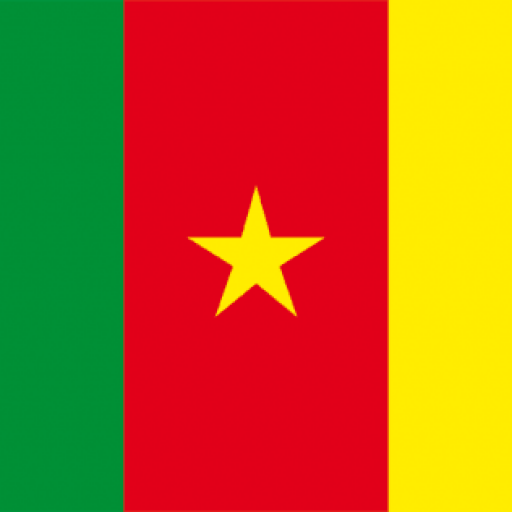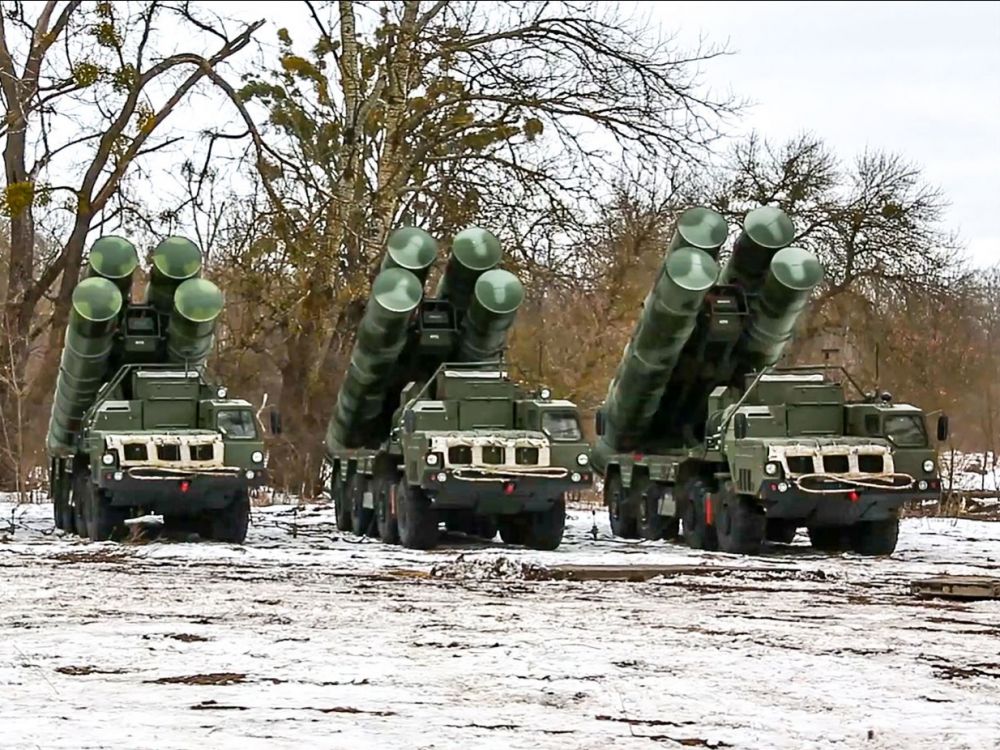War, which continues on front stretching 1,300 kilometers, is predominantly concentrated in eastern Donetsk region, as well as in southern regions of Ukraine
On Feb. 24, 2022, in an attack that Ukrainian authorities later said they already knew was inevitable at least a few days in advance, Russian forces crossed into Ukraine from the north, south and east of the country.
Since then, the war, which continues on a front stretching 1,300 kilometers (nearly 808 miles), is predominantly concentrated in the eastern Donetsk region, as well as the southern regions of the country, with small-scale advances claimed by both Moscow and Kyiv during the past 12 months, replacing Russia’s initial lightning offensive with a slow-burning conflict.
During this period, major events have taken place regarding both Moscow and Kyiv, with certain events changing the dynamics of the Russia-Ukraine war.
– Russia’s withdrawal from Kherson, advances in Donetsk
Both Russia and Ukraine have reported significant military decisions and advances on the ground during the past 12 months.
On Nov. 9, Russian Defense Minister Sergey Shoygu ordered the withdrawal of Russian troops from Kherson to the east bank of the Dnieper River and to take “all measures to ensure the safe transfer of personnel, weapons and equipment” across the river.
Shoygu stressed that the decision for a retreat was made to save the lives of Russian soldiers, with the Defense Ministry issuing a statement a day later that the withdrawal was completed.
On the same day, Ukrainian media reported that the country’s forces entered the city. Three days later, Ukrainian President Volodymyr Zelenskyy visited the city.
Elsewhere, in the Donetsk region, major advances made by Russian forces have been reported in the past two months, with Serhiy Cherevaty, a Ukrainian military spokesman, announcing that they withdrew from the city of Soledar to “save the lives of personnel” after forces “accomplished their main task” on Jan. 25.
Since then, the Russian Defense Ministry claimed that its forces took control of multiple settlements near the city of Bakhmut.
– Russia’s annexation of Donetsk, Luhansk, Zaporizhzhia, Kherson
On Feb. 21, Russian President Vladimir Putin announced in a televised address that he made a decision to recognize the regions of Donetsk and Luhansk as sovereign states.
The decision was one of the catalysts in the start of Russia’s “special military operation” in Ukraine, later leading to the capture of the Zaporizhzhia and Kherson regions within the first weeks of the war.
Later, as the war continued to ravage Ukraine, pro-Russian officials in the Donetsk, Luhansk, Zaporizhzhia, and Kherson regions declared that they will be holding referendums on joining Russia on Sept. 23-27, which resulted in votes in favor of the move.
The referendums sparked wide condemnations from the international community, with European nations and the US terming them “sham” referendums and saying they will not be recognized.
US President Joe Biden announced wide-ranging sanctions encompassing visa bans on 910 Russians, Belarusians and Russian proxies in Ukraine, while Zelenskyy separately said that the annexation of the Donetsk, Luhansk, Kherson and Zaporizhzhia regions, as well as Crimea since 2014, is “null and void.”
– Explosion at Crimean Bridge
On Oct. 8, a powerful blast shook the Crimean Bridge, a critical connection between mainland Russia and the Crimean Peninsula, which was annexed by Moscow in 2014. The explosion killed three people and exposed the vulnerability of strategic infrastructure in the region.
Putin described the explosion as a “terrorist attack” and put the responsibility on Ukrainian intelligence, while Kyiv has not explicitly claimed responsibility.
However, multiple statements by top Ukrainian officials in the hours after the attack pointed to such a possibility, including one from presidential aide Mykhailo Podolyak, who said the blast was just “the beginning.”
In retaliation, Russia began to undertake daily strikes on key Ukrainian infrastructure, including energy and military facilities, resulting in air raid alerts being sounded by Ukrainian authorities.
– Zaporizhzhia Nuclear Power Plant
On Mar. 1, the Russian Defense Ministry announced that Zaporizhzhia, Europe’s largest and one of the world’s 10 biggest nuclear power plants, went under Russian control, which was also confirmed by Ukrainian authorities on March 3.
Zaporizhzhia has been under threat from military fire due to its proximity to the conflict zone between Moscow and Kyiv.
The war has posed a nuclear danger for the region, resulting in a mission of the International Atomic Energy Agency (IAEA), led by the agency’s head Rafael Grossi, arriving at the plant on Sept. 1.
Since then, a monitoring mission of the IAEA has been operating at the plant with a mandate until Feb. 7.
Upon the end of the mission’s mandate, a new mission is yet to be installed at the plant, with the Russian Foreign Ministry saying on Feb. 22 that the UN Department of Safety and Security thrice postponed the rotation at the plant, which the Russian side will consider the department’s actions as “deliberate obstruction of the work of the mission” should it happen again.
– Bucha events
In the early stages of the war, reports of vehement criticism targeted Russia for what Ukraine has said was a “genocide” and “war crimes” in Bucha, a town near the capital Kyiv.
In early April, Ukrainian presidential aide Podolyak said civilians in Bucha were found dead with their hands tied as Russian troops withdrew from their offensive toward Kyiv.
Zelenskyy said that the killings of civilians in Bucha are tantamount to “genocide,” and that those responsible should be held accountable.
Meanwhile, on April 4, 2022, Russian Foreign Minister Sergey Lavrov said during a meeting with UN Deputy Secretary General for Humanitarian Affairs Martin Griffiths that the footage of slain civilians was staged.
He said that the Russian military left the city on March 30, and on March 31 the city’s mayor announced that everything was all right. Then several days later, suddenly bodies of dead people “appeared” in the streets, he said.
Burc Eruygur/AA

